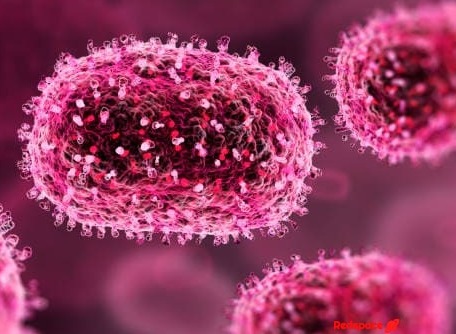Monkeypox: A Comprehensive Guide
What is Monkeypox?
Monkeypox, also known as Mpox, is a rare viral infection that can cause flu-like symptoms and a rash. It belongs to the orthopoxvirus family, which also includes smallpox. While it’s not as contagious as COVID-19, it can spread through close contact with an infected person or animal.
How Does Monkeypox Spread?
- Direct contact: Skin-to-skin contact with a person who has a monkeypox rash.
- Contact with bodily fluids: Contact with respiratory secretions, saliva, or blood of an infected person.
- Contact with contaminated items: Contact with contaminated clothing, bedding, or other materials.
- Animal-to-human transmission: In some cases, monkeypox can spread from animals to humans, especially in regions where the virus is endemic.
Symptoms of Monkeypox
The symptoms of monkeypox typically appear within 1 to 3 weeks after exposure. They may include:
- Fever
- Headache
- Muscle aches
- Fatigue
- Swollen lymph nodes
- Rash
The rash often starts as small, flat bumps that may look like pimples or blisters. It can appear on any part of the body, including the face, hands, feet, chest, and genitals. The rash may evolve into pustules or crusts.
Treatment and Prevention
There is no specific treatment for monkeypox. The illness is usually mild and resolves on its own within 2 to 4 weeks. However, severe cases may require hospitalization.
To prevent the spread of monkeypox, it is important to:
- Avoid close contact with people who have a monkeypox rash.
- Wash your hands frequently with soap and water.
- Avoid touching your face, eyes, and mouth with unwashed hands.
- Get vaccinated against smallpox. While the smallpox vaccine is not fully effective against monkeypox, it can provide some protection.
Conclusion
Monkeypox is a rare viral infection that can spread through close contact. While most cases are mild, it is important to take precautions to prevent the spread of the virus. If you have any concerns about monkeypox, consult with a healthcare provider.














